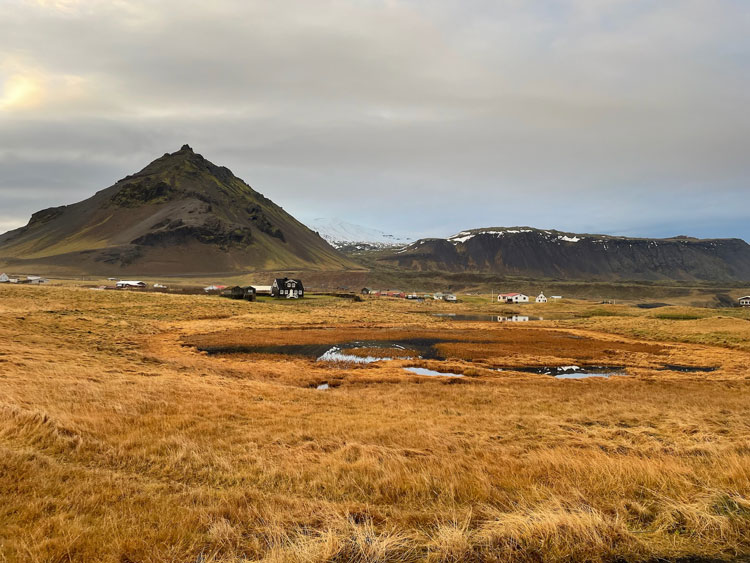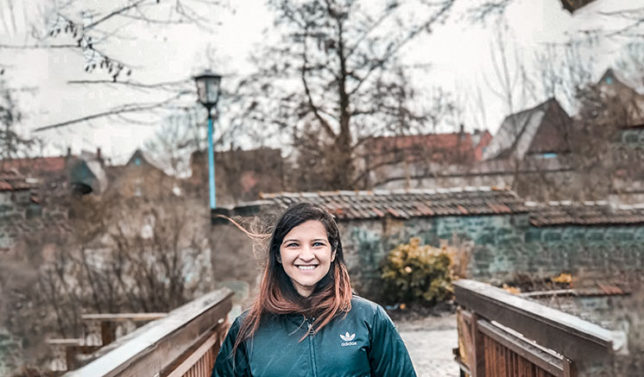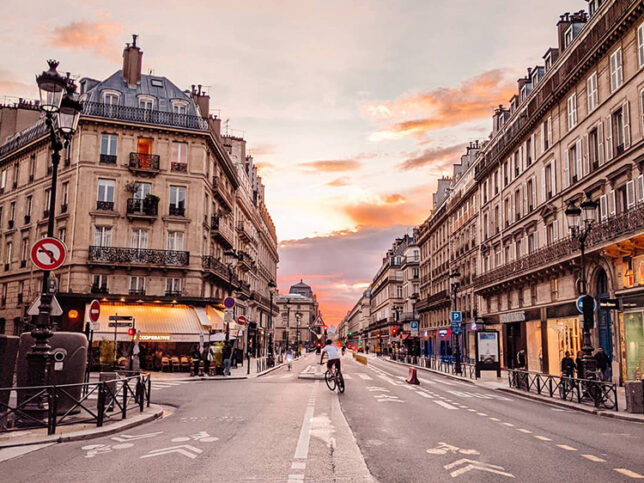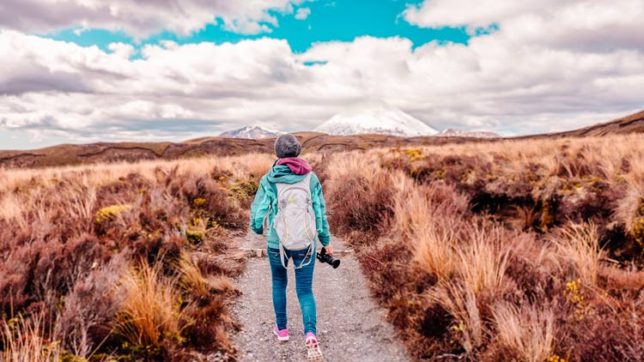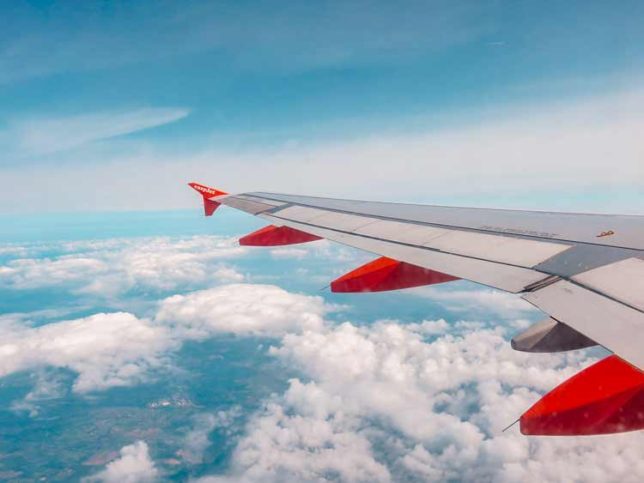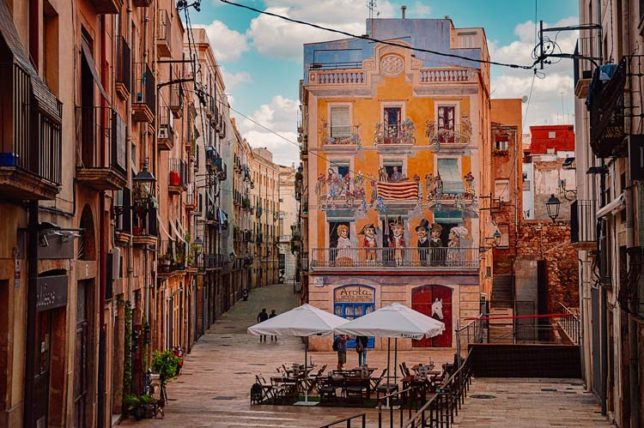Rookie Mistakes to Avoid in Iceland
Iceland is a magical place. The land of fire and ice is a bucket-list destination for many travelers.
However, captivating as it is, Iceland can also be tricky for first-time visitors. Proper preparation can make or break your Icelandic adventure, so it’s crucial to know what to expect and how to avoid common pitfalls.
I learned this the hard way when I showed up in Reykjavik with a pair of non-rainproof shoes that got soaked on the first day (we were visiting Iceland in October). Spoiler alert: it wasn’t fun.
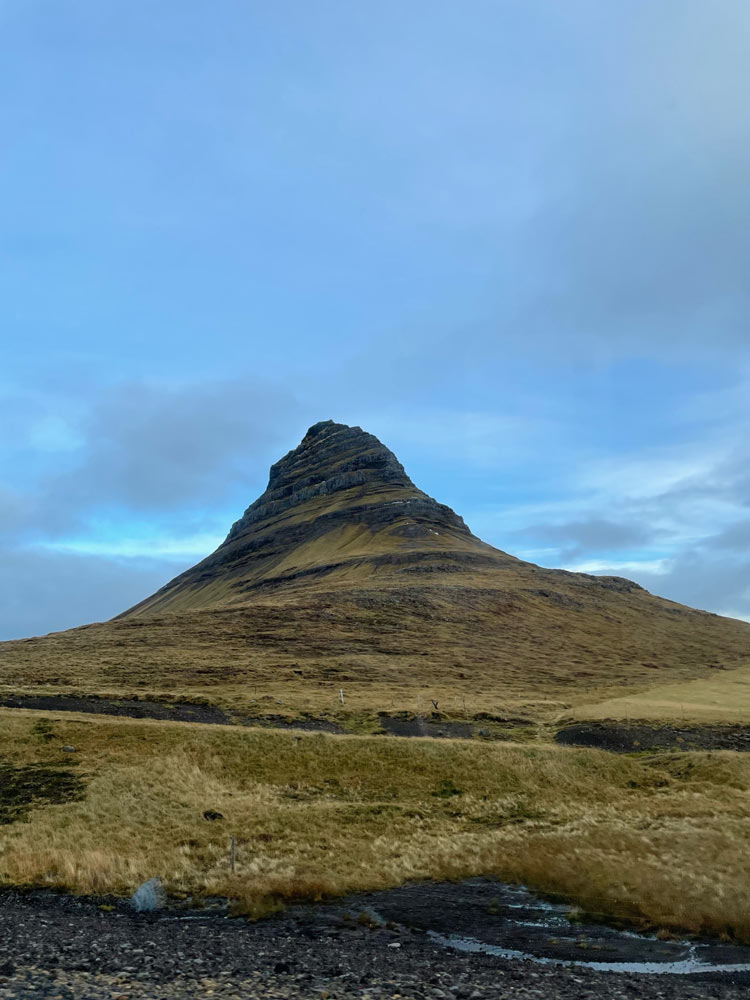
That’s where these Iceland travel tips come in handy. While you’re out soaking in the Blue Lagoon, exploring volcanic craters, or chasing the Northern Lights, these tips will help you dodge the usual rookie mistakes.
Trust me, you’ll want to read this before you pack your bags and head off to the land of Vikings and trolls.
1. UNDERESTIMATING THE WEATHER
Iceland’s weather is like a box of chocolates – you never know what you’re going to get. 😉
Seriously, I’ve experienced sunshine, rain, and snow all in the span of an hour. The unpredictable weather can catch you off guard if you’re not prepared.
First off, pack layers. Layers will let you adjust to the changing conditions without breaking a sweat (or freezing your toes off). Start with a moisture-wicking base layer, add an insulating middle layer, and top it off with a waterproof AND windproof jacket.
Next, don’t skimp on waterproof clothing. Iceland’s rain is relentless and can soak you to the bone. Invest in good waterproof gear, including pants and shoes, because walking around in soggy socks is no fun.
Also this goes without saying, but make it a habit to check the weather forecast regularly. The Icelandic weather can change faster than you can say “Eyjafjallajökull.” Checking the forecast will help you plan your day better and avoid any nasty surprises.
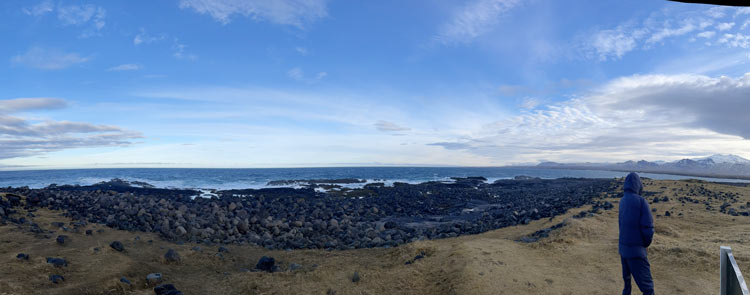
2. OVERPACKING OR UNDERPACKING
While we’re on the subject of weather, let’s talk about packing.
Iceland’s ever-changing climate means you need to pack smart, but there’s a fine line between being prepared and overloading your suitcase.
Here’s the absolute basic list of what you need:
- Thermal base layers, ideally made of fleece
- Mid-layers of fleece or wool
- a warm scarf and waterproof gloves
- Sturdy, waterproof boots and tons of warm socks
- Waterproof pants
Additionally, carry a warm, waterproof jacket with a hoodie. The winds in Iceland are incredibly strong, and so it’s futile to carry an umbrella.
And don’t forget your swimwear! You’ll certainly want to take a dip in Iceland’s famous hot springs.
Over and above this, carry what you will but remember that the focus should be on packing essentials without going overboard. You’ll likely be moving around a lot, and space is limited, especially if you’re renting a car or staying in cozy accommodations. Lugging around huge suitcases is a surefire way to kill the adventure vibe.
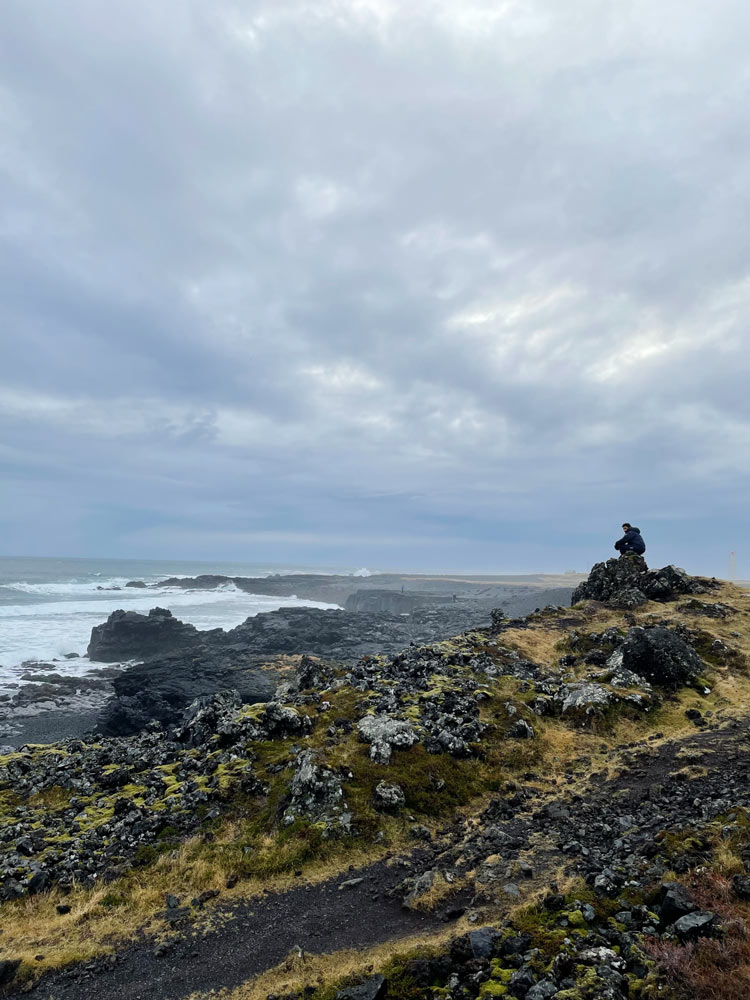
3. IGNORING ROAD SAFETY
Driving in Iceland is an adventure, but it comes with unique challenges. Here’s how to stay safe while on the road.
Challenging Driving Conditions
The roads can be icy, gravelly, or washed out by rivers. Always check weather forecasts and road conditions on Vedur.is and Road.is before heading out.
Renting the Right Vehicle
For city driving or well-paved roads, a standard car is fine. But if you’re planning to explore the highlands or F-roads (mountain roads), make sure to opt for a 4×4. It handles rough terrain better and offers peace of mind.
Following Road Safety Regulations
Iceland takes road safety seriously, and so should you. Speed limits are strictly enforced, and fines can be hefty.
Always stay on marked roads to protect the fragile landscape and avoid getting stuck in loose soil or volcanic ash. If that happens, your car will die AND you’ll get a ridiculously high fine.
Wear your seatbelt, keep your headlights on at all times, and please don’t drink and drive – driving in Iceland isn’t exactly easy and so it can be seriously dangerous.
4. NOT BEING PREPARED FOR LONG DRIVES
Driving in Iceland can be one of the most thrilling parts of your trip, offering the freedom to explore the most breathtakingly beautiful landscapes at your own pace.
However, vast distances between attractions can come as a surprise.
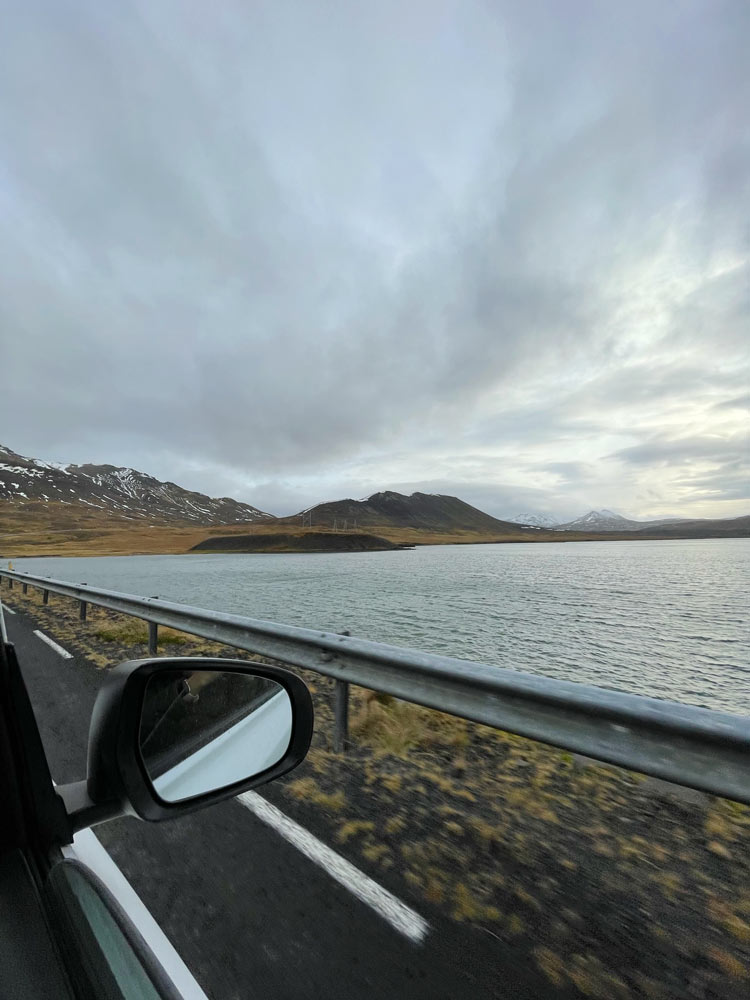
Plan Your Route
Before hitting the road, map out your journey. Know the distances between your destinations and plan your stops.
Iceland’s Ring Road, for example, is a popular route that circles the entire country, but it’s over 1300 km long. That’s a lot of ground to cover, so breaking it down into manageable segments is key.
Ensure Vehicle Readiness
Check the car’s condition before you set off—tires, brakes, lights, and, importantly, make sure it has a full tank of gas.
Refuel Regularly
I can’t stress this enough. Gas stations can be few and far between. Especially in remote areas, it’s not unusual to go a hundred kilometers without seeing any signs of civilization. Whenever you see a gas station, top up the tank. You never know when the next one will pop up.
5. VISITING JUST REYKJAVIK
A lot of first time visitors make the grave mistake of limiting their Icelandic adventure to just Reykjavik.
While the capital is vibrant and full of culture, Iceland is SO MUCH MORE than a city.
The Golden Circle, for example, is an easy way to experience the country’s natural beauty. It’s an easy day trip from Reykjavik and offers incredible sights like the Gullfoss Waterfall, Strokkur Geyser, and the tectonic rift at Thingvellir National Park.
Then there’s the Diamond Circle in the north. This route is less crowded but equally stunning – dare I say, even more. It includes Dettifoss, one of Europe’s most powerful waterfalls, the geothermal Lake Mývatn, and Húsavík, the whale-watching capital. The sights here are unforgettable and worth the journey.
And if you have more time, the Ring Road is the ultimate Icelandic road trip. This route circles the entire country, revealing everything from the black sand beaches of Vik to the glacial lagoons of Jökulsárlón. Each turn offers a new, breathtaking landscape that makes you feel like you’re in a real-life nature documentary.
We did a combination of all three, and ended up spending 10 days on the road driving through the most spectacular views we’ve ever seen.
So, even though Reykjavik is fantastic, make sure to venture beyond the city limits. You don’t want to come back home only to realize you missed out on an adventure of a lifetime.
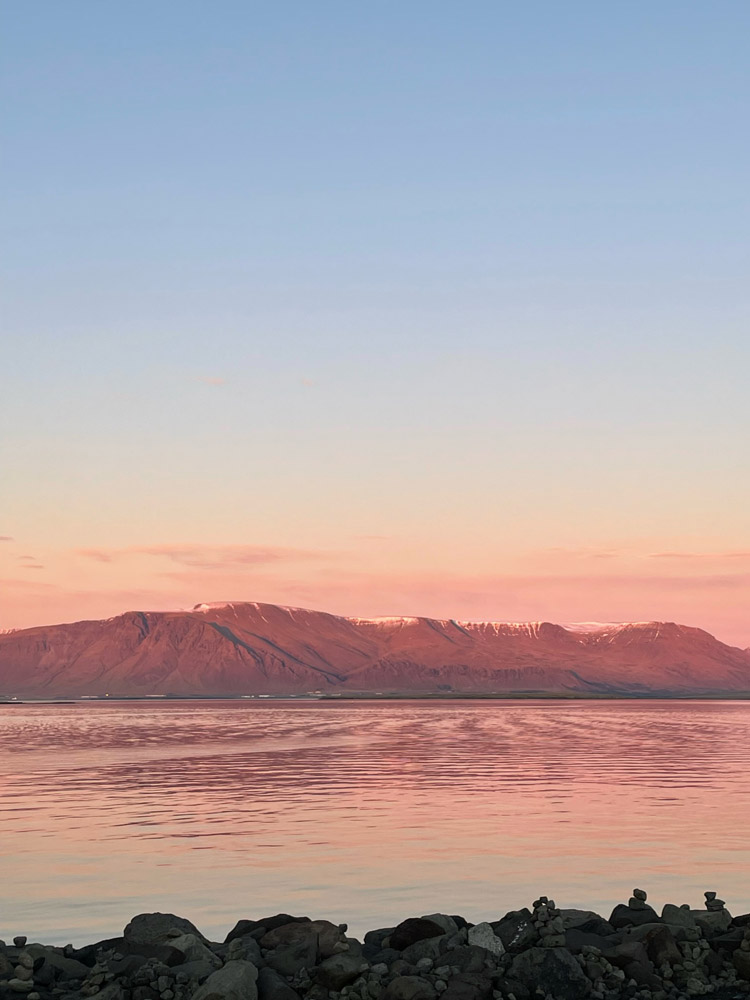
6. EATING OUT A LOT
One thing you’ll quickly realize when you arrive in Iceland is that it’s ridiculously expensive. A few days of eating out could well set you back by a kidney 😛
Lame humor aside, F&B is always a big travel expense, and dining out in Iceland can quickly drain your budget.
[You Might Like: 15 Europe Travel Tips to Save You Money]
So, unless you’re prepared to splurge, cooking your own meals is the way to go. We chose accommodations with a shared kitchen and tried to cook most of our meals.
And let’s be honest—traditional Icelandic cuisine isn’t much to write home about, anyway. Iceland is about its stunning landscapes, not gourmet dining. Frankly, you’ll remember the waterfalls far more than the lamb stew.
7. NOT TAKING ADVANTAGE OF GEOTHERMAL POOLS
Not only are geothermal pools one of Iceland’s greatest natural treasures, they are also the country’s most unique and relaxing experiences.
I spent a fair bit of time soaking in the hot springs while on my visit, but I still couldn’t get enough.
Soaking in these mineral-rich waters can help with everything from muscle relaxation to skin conditions. It’s one of those off-the-beaten-path experiences that make you feel like you’ve discovered something truly special.
Not to mention that each soak feels like a mini-vacation.
While the Blue Lagoon is immensely popular, there are so many other amazing hot springs you could check out, like the Mývatn Nature Baths. Close to Akureyri, these are a lot less touristy and just as magical. The milky blue waters of the Secret Lagoon in Flúðir are also incredible.
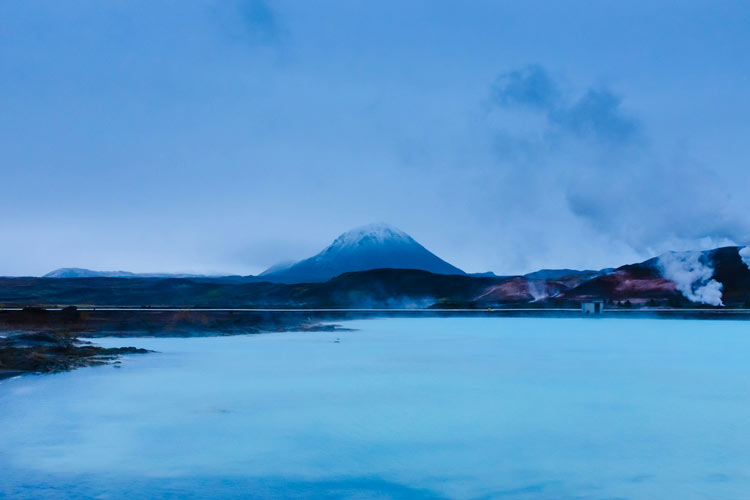
8. NOT BOOKING ACCOMMODATIONS IN ADVANCE
This applies especially during peak season.
Iceland’s popularity means high demand for hotels, guesthouses, and even hostels.
So it’s best to book your accommodations well in advance. Secure your spot in those charming guesthouses or that perfect hotel with a view.
Here’s a breakdown of the places we stayed at and can 100% recommend (views and feels included):
Guesthouse Pétursborg: Excellent spot for catching the Northern Lights, as it is very close to Akureyri but still in the countryside and has very little light pollution.
Stöð Guesthouse: We had a window view of the Kirkjufell mountain!
Gerdi Guesthouse: Located right next to the sea, which means the best views to wake up to, everyday.
Kex Hostel: Situated in the heart of Reykjavik, with a great vibe and a stunning view of the sea.
If you’re feeling adventurous, consider alternative lodging options like camping. Iceland has many well-maintained campgrounds, which also offer cabins to rent. It can be a really cool way to experience the country’s natural beauty up close.
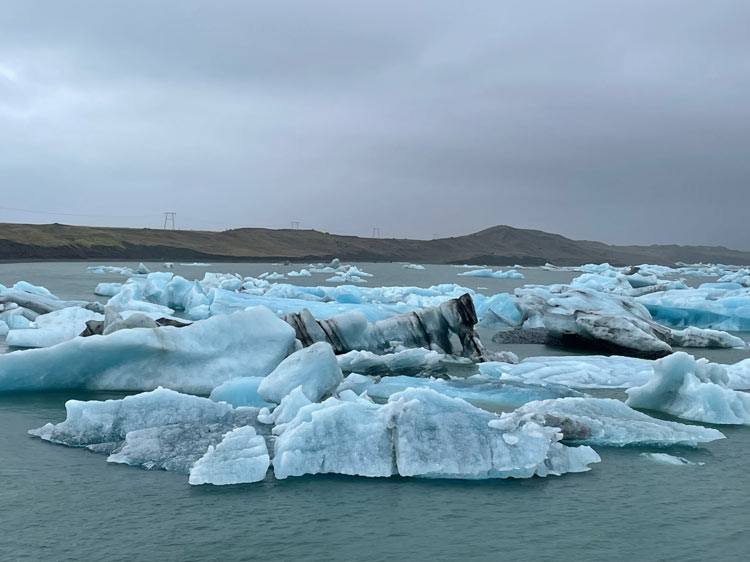
9. FAILING TO RESPECT NATURE
An important thing to take stock of is that Iceland’s natural wealth is not just about pretty backdrops; it’s a fragile ecosystem that needs care and respect.
When exploring natural sites, there are a few simple rules to follow.
- Always keep your distance from wildlife – those adorable seals and puffins need their space.
- Driving off-trail can not only get you into trouble, it can damage delicate vegetation.
- Iceland does a really good job of marking paths that are off-limits. Follow the paths and step lightly, please.
- Littering is disrespectful, and can lead to loaded fines.
Just being a bit mindful while exploring the raw, pure beauty of Iceland can ensure that it lasts for generations to come.
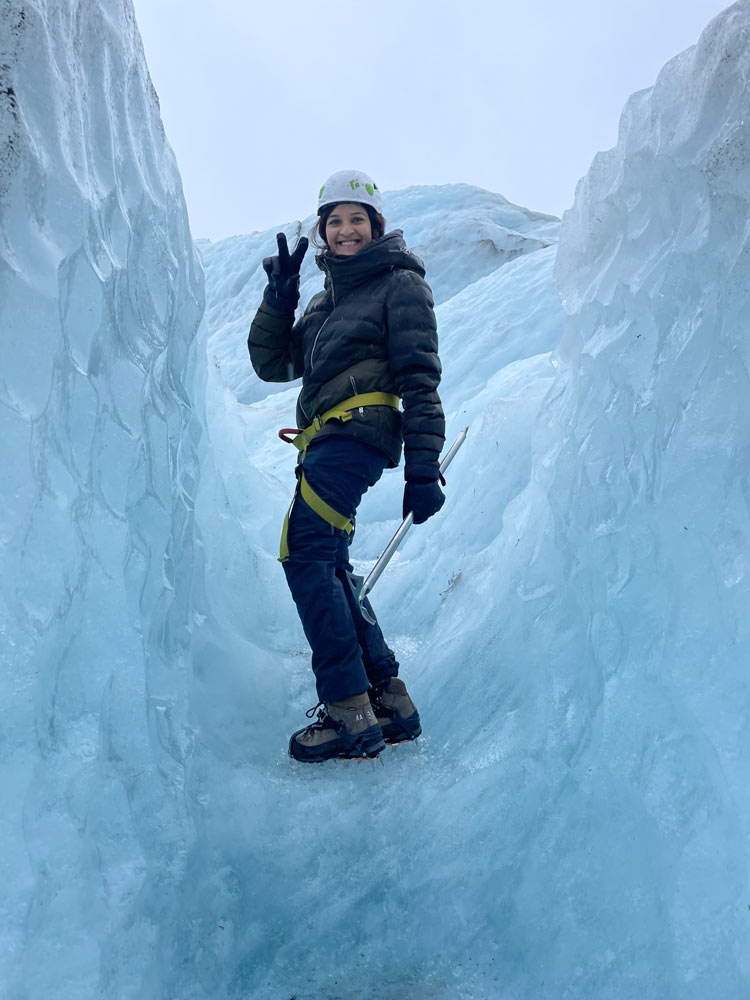
10. NOT TAKING ADVANTAGE OF FREE ACTIVITIES
Yes, Iceland is expensive. We already know that by now.
But what surprised me most is how many of the myriad things to do there don’t cost a thing.
Best part: most experiences that allow you to be out in nature, are free.
Be it exploring stunning waterfalls like Gullfoss, or hiking through the spectacular scenery of Þingvellir National Park – there’s so much to see without spending a krona.
There are also numerous hot springs scattered around the country. While the Blue Lagoon has a hefty price tag, there are plenty of natural hot pots where you can soak in without breaking the bank. Here’s a list.
(Remember though that not all hot springs are safe. Some of them can be very hot and cause serious damage. Only dip into the ones that explicitly say they are safe to enter.)
Also, take advantage of the countless scenic viewpoints and hiking trails.
Like I always say: There’s no such thing as a bad view in Iceland.
Avoid These Rookie Mistakes in Iceland
These are just a few tips to keep in mind when you visit Iceland for the first time. If you avoid these 10 mistakes, I promise your trip will be one of a lifetime. You just have to embrace the vagaries of the Icelandic weather, and channel that sense of adventure.
Iceland awaits! 😀
